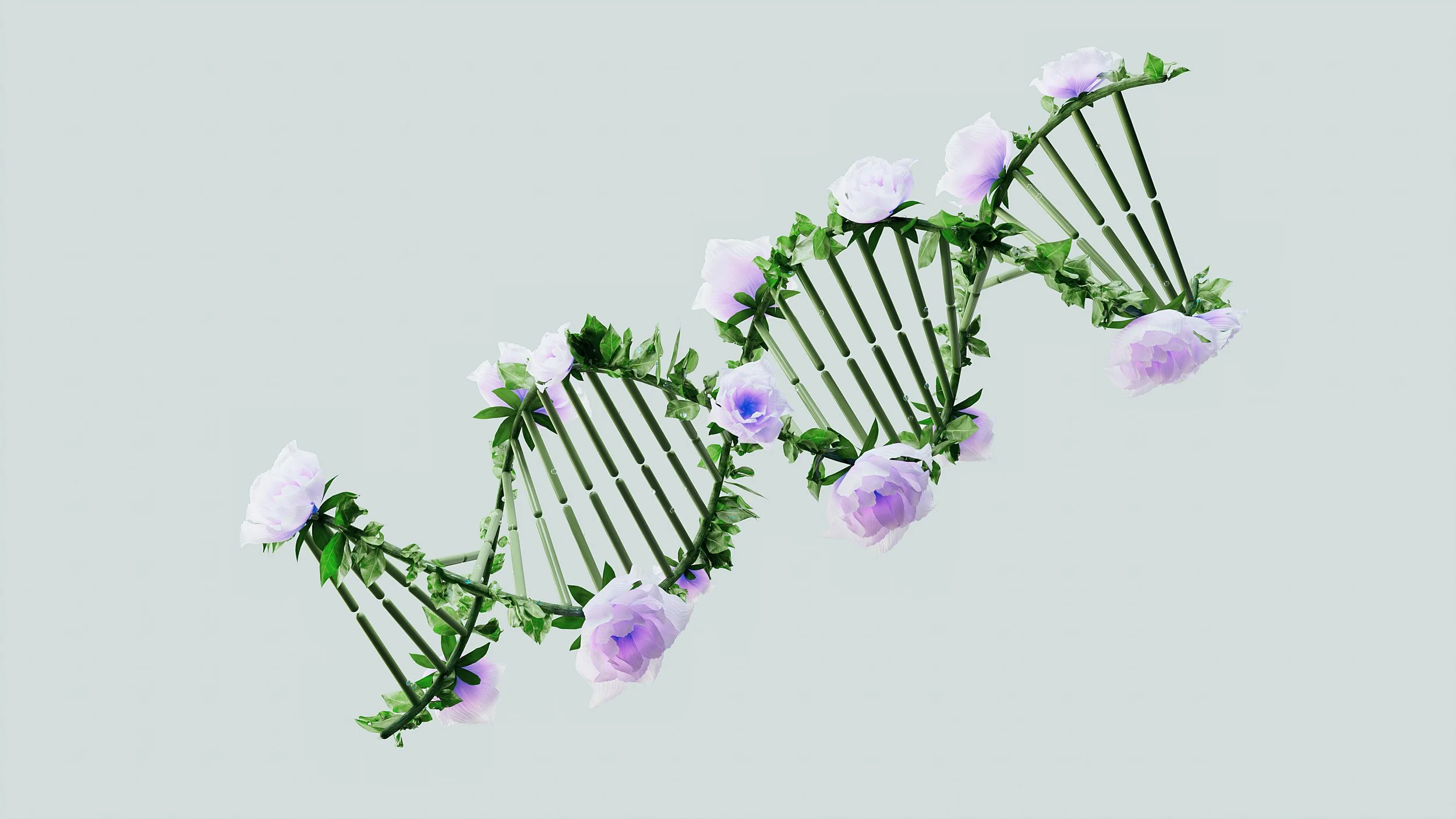Depression: Is It Nature or Nurture?
Depression is a multifaceted mental health condition influenced by both nature (biological and genetic factors) and nurture (environmental and psychological experiences). Understanding the interplay between these two domains is crucial in recognizing why some individuals are more vulnerable to depression than others. While nature determines the biological foundation, nurture shapes how those predispositions manifest, highlighting the complexity of depression’s origins and course.
Genetic inheritance
From the nature perspective, genetic inheritance plays a significant role in the likelihood of developing depression. Research shows that individuals with a family history of depression are at higher risk, indicating that certain genes contribute to vulnerability. Twin and adoption studies further support this view, showing higher concordance rates for depression among identical twins compared to fraternal twins. However, no single gene causes depression; rather, it is the cumulative effect of multiple genetic variations that can increase susceptibility.
Neurobiology
Neurobiology also supports the nature argument. Imbalances in neurotransmitters like serotonin, dopamine, and norepinephrine are commonly observed in individuals with depression. These chemical messengers affect mood regulation, motivation, and emotional response. Structural differences in brain areas such as the hippocampus and prefrontal cortex have also been identified in people with depression, suggesting that brain function and anatomy, which have biological roots, contribute significantly to the condition.
Life experiences and stressors
On the nurture side, life experiences and environmental stressors are powerful triggers for depression. Early childhood trauma, neglect, or abuse can alter a person’s psychological development, increasing the risk of depression later in life. Additionally, chronic stress from factors like financial hardship, discrimination, or social isolation can activate or exacerbate depressive symptoms, especially in those already genetically predisposed.
Attachment Theory
Attachment theory also highlights the nurture influence on depression. The quality of relationships with primary caregivers during childhood shapes one’s emotional resilience and coping mechanisms. Insecure attachments—characterized by inconsistency, neglect, or overcontrol—can lead to difficulty managing emotions and relationships, making individuals more prone to depressive episodes under stress.
Social and cultural factors
Social and cultural environments further contribute to the nurturing aspect of depression. Cultural norms, stigma surrounding mental health, and lack of access to care can all affect how depression is perceived, reported, and treated. Furthermore, individuals living in communities with high levels of violence, poverty, or instability may face compounded risks, not because of biology, but due to environmental exposure and stress.
Conclusion
In conclusion, depression arises from a complex interaction between nature and nurture. Genetic and neurobiological factors may predispose an individual to depression, but it is often the environmental and social contexts that determine whether and how those predispositions are expressed. A comprehensive approach to understanding and treating depression must consider both elements to be effective, emphasizing that neither nature nor nurture acts in isolation.
To learn more about therapy for depression, contact me today!

